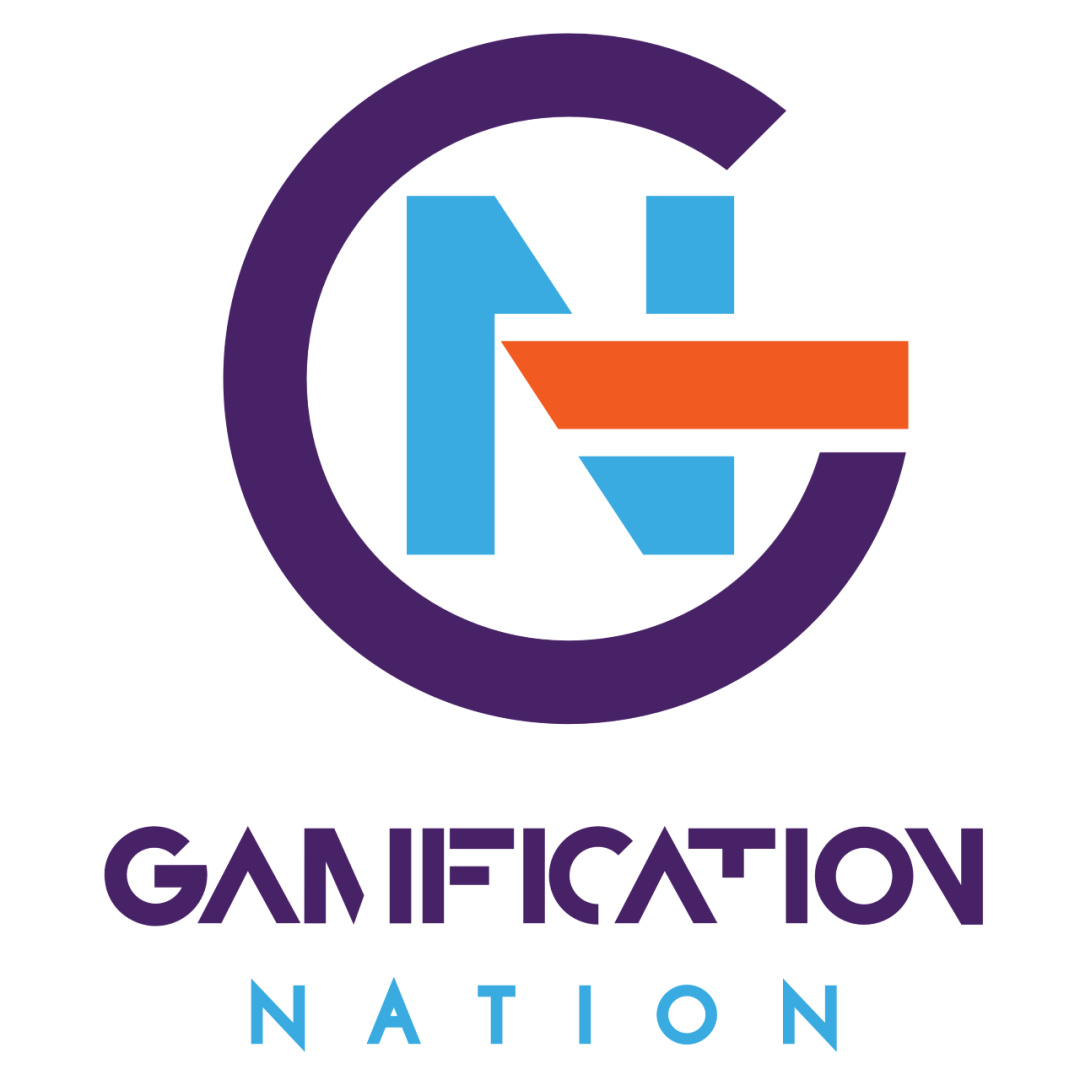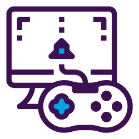It’s a pretty obvious question to ask whether collaboration and competition are mutually exclusive, I admit. In gamification design when you need to come up with a balanced design, which is engaging and good for a large group of people it is something that is easier said than done.
We are working on a project where from our user research we know that a large percentage of our target audience is collaboratively minded rather than competitive and that includes management. No matter which way I am looking at the gamification design, I keep coming to the conclusion that the balance towards competition always wins out.
It made me wonder if competition is, in fact, a stronger motivational driver than collaboration. I don’t have a definitive conclusion at this point, but it would make a good research study I think. The energy behind competition feels more powerful, whereas the energy behind collaboration is much calmer. Both can come with frustration, challenge, debate, interpersonal conflict, but then when celebrating achievement for some reason competition celebrations tend to win over collaborations. Maybe that is simply my experience of it.
To give an example, winning in any sport tends to be celebrated wildly, both individual and team sports. Yet, a highly important collaborative effort by a team of doctors and nurses performing life-saving operations has only a demure energy behind it. It is nearly as if that is seen as expected rather than to be celebrated.
Unless collaboration has a stronger meaning behind it where belonging and contributing, is actively promoted to make a difference. I feel the energy imbalance favours competition each time. Whilst competition can enhance performance for sure, it can also drive unfavourable side effects which are not conducive to working together, such as holding on to important information or other perceived valuable items like networks and connection or even the simple sharing of strategies and skills.
If we set collaboration as an essential step towards a win condition, the winning may still trump the collaboration. The focus of the overall design is improving performance. I would like it to be seamless like in a game, where you don’t realise you are improving but you are. In some sense, it would be easier to keep the competitive element to be better than your own best performance, but then we rule out the nature of peer comparisons and peer pressure, which can also enhance performance.
The company has a strong team dynamic with a collaborative approach to hitting targets. Team collective targets override individual performance from what I can see. If we introduce too much competition with this backdrop, the collaborative spirit will evaporate. My suggestion is to keep all competition to team level and a voluntary tournament for those that want to engage in peer to peer battles as long as what wins here is only achieved by individual performance.
Mastery encouragement towards product knowledge as well as execution in the sales customer service environment will play a bigger role to mimic a game like scenario. If each team leader can set individual goals which stretch the learning and ability over time, it could lead to inclusion in a VIP club for those that hit the stretch learning as well as targets. Target driven performance alone would inherently drive competition and eliminate collaboration over time.
What I tend to do in my design is iterate, leave the design alone a day or so and then come back with fresher eyes to identify what I sense then. Presenting it to others as a soundboard will also help in refining it. Then finally the true acid test is when it starts to roll out in reality. In our own contracts, we stay involved for the longer run to ensure it works even if it will take tweaking to get to the desired impact.
https://gamificationnation.com/failure-tolerance-culture/




